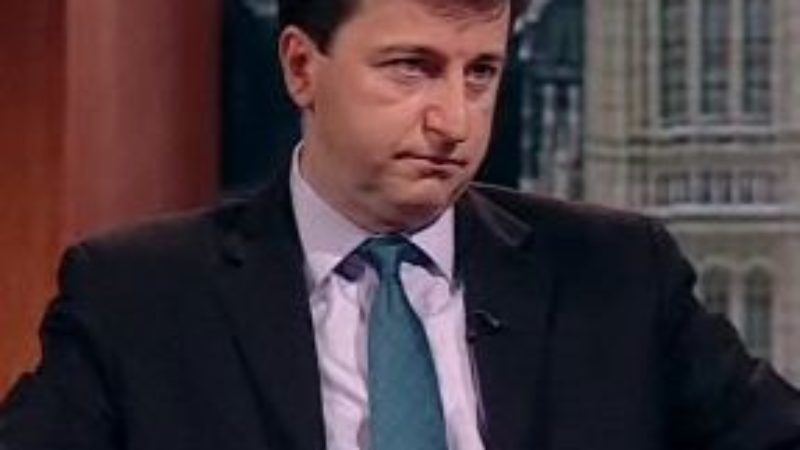

Voters on both sides of the Atlantic backed Brexit and Donald Trump because of a “post truth” politics where the ability to convey a convincing narrative is more important than an argument based on facts, former shadow foreign secretary Douglas Alexander says tonight.
Speaking at Oxford University, Alexander is expected to accuse nationalists in England and Scotland of being “more intent right now on myth-making than searching for solutions”, and stoking the flames of an increasingly polarised political landscape. In a time when the problems facing the country are increasingly complex, he says that politicians are retreating to old fashioned solutions.
Alexander, who lost his seat as a Labour MP during the SNP landslide in last year’s election, will say that “the early responses to the [EU referendum] vote suggest that certain politicians are more comfortable with old problems than they are with new circumstances.
“These new circumstances demand a new conversation that shows understanding of the feelings experienced post-23rd June. Old dogmas just won’t cut it. New thinking is now required.”
Appearing at the European Studies Centre at Oxford University, he will say that the EU referendum was the “advent of… post-fact politics”, where the Leave campaign launched an “assault on reason”. Michael Gove, one of the leading figures in Vote Leave, infamously used a television interview to attack “experts” for critiquing the campaign’s claims.
The pro-Brexit side was accused of dishonesty during the referendum, most famously for a pledge to put £350m a week into the NHS, on which Labour MPs last week demanded the Government take action.
“In this post fact, post truth world, politics is no longer about shared facts and divergent opinions,” Alexander will say “In this world in which, courtesy of social media, everyone has their own facts – real or invented – what matters most, when communicating a plan, putting forward a vision, or in shaping opinion, is the story that people believe.
“The advent of this post fact politics was evident in the European referendum campaign. Many commentators were horrified by the assault on reason that they witnessed during the two months prior to the Brexit vote with the attacks on the “mainstream media” in general and the BBC in particular, with the deriding of independent experts, and the priority that many attached to feeling over facts[…] The comment that ‘we’ve had enough of experts’ was a deliberate attempt to discourage the application of reason to emotional responses.”
It is this, Alexander will say, that also explains elements of this week’s US election: “This phenomenon helps explain why Donald Trump, despite his many flaws, is now on his way to the White House.”
But he warns that many politicians are not up to the challenges of the current political landscape, preferring instead to stir up division. “Too much of the energy, time, and fresh thinking required by the new circumstances created by the Brexit vote, is instead being drained and diverted into entrenching a sense of ‘other’, whether it’s challenging the ages of unaccompanied Calais children or conflating the people of England with the politics of the Tories,” he is expected to say.




More from LabourList
‘As metro mayors gain power, Labour must tighten political accountability’
Letters to the Editor – week ending 22 February 2026
‘The coastal towns where young people have been left behind by Whitehall’